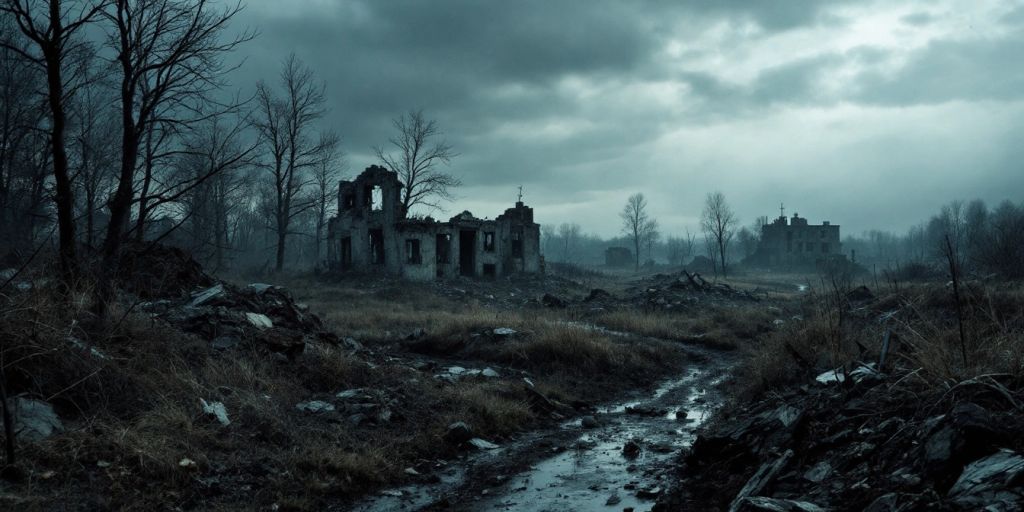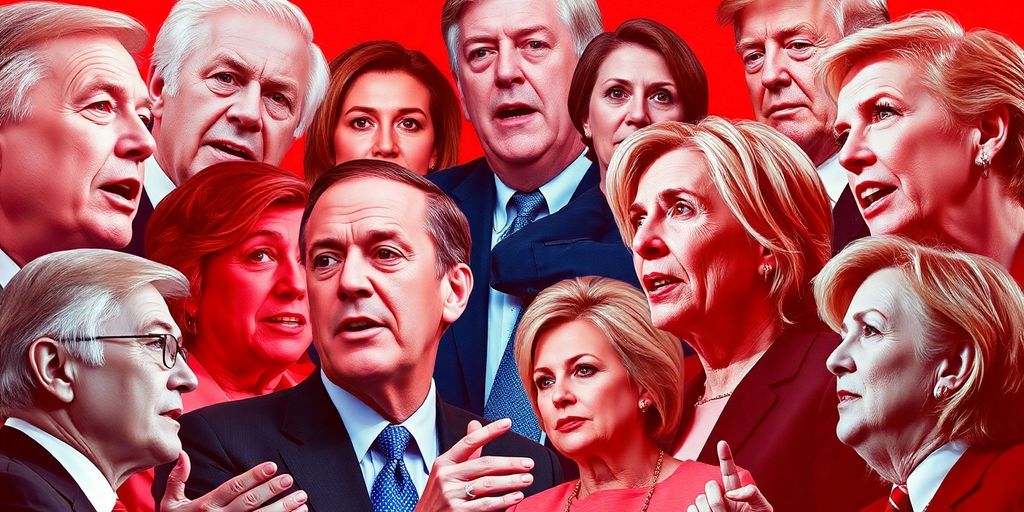Civilization #54: The German Will to Power

This article explores the rise of Adolf Hitler, linking it to a deep-seated German obsession with the unity of will. It delves into how the humiliation of World War I and the economic chaos of the Weimar Republic led Germans to seek salvation in their cultural heritage, particularly the works of Richard Wagner and Friedrich Nietzsche. This longing for an "ubermensch" created an environment ripe for Hitler’s emergence.
The Legacy of Prussia: A Creative and Militaristic Society
Prussia, a historical German state, was once considered the most advanced civilization globally. Despite its eventual disappearance after World War II, its influence on German identity and thought was profound. The Allies, particularly the Soviet Union, Britain, and America, dismantled Prussia, believing its militaristic nature was a threat to world peace. However, this view overlooks Prussia’s significant contributions to culture and intellect.
Konigsberg, a Prussian city, was a hub of intellectual and scientific activity. It was the birthplace of Immanuel Kant, a philosopher who reshaped Western thought. Many other notable figures, including the philosopher Hannah Arendt and numerous Nobel laureates in science, also hailed from Konigsberg. This challenges the perception of Prussia as solely militaristic, highlighting its role as a creative and humanistic society forced into conflict by its geographic location.
Prussia’s success stemmed from several key characteristics:
- Open Cooperative Competition: Surrounded by rivals, Prussia was compelled to be innovative, open, and tolerant to thrive.
- Advantaged by Disadvantage: Limited resources forced a focus on human capital, leading to a well-educated and hardworking populace.
- Reflection and Resilience: Historically under the influence of stronger powers, Prussia consistently engaged in self-reflection and adapted to overcome challenges.
Frederick the Great, a key figure in Prussian history, implemented radical reforms, including judicial system improvements, the abolition of torture in the military, and religious tolerance. He also established a public school system, a pioneering move that significantly contributed to Prussia’s future strength.
After its defeat by Napoleon in 1806, Prussia again underwent a period of deep reflection. It adopted key reforms from the French Revolution, such as abolishing serfdom and encouraging free-market competition. William von Humboldt’s reforms, particularly the creation of the modern research university, further propelled Prussia’s intellectual and economic growth.
The Will to Power: Schopenhauer, Wagner, and Nietzsche
The intellectual climate of Germany, especially during the tumultuous Weimar Republic, was heavily influenced by philosophers like Arthur Schopenhauer and Friedrich Nietzsche, and the composer Richard Wagner. Their ideas, particularly the concept of the "will," played a significant role in shaping German thought and, ultimately, the rise of Nazism.
Arthur Schopenhauer: The Will as the Source of All
Schopenhauer believed that the fundamental force of the universe is the "will" – a blind, irrational desire that manifests in physical bodies. He argued that this manifestation leads to conflict and suffering because individuals, driven by their own perspectives, forget their underlying unity. His solution was compassion and self-denial, suggesting that art, especially music, could help people reconnect with the unity of the will.
Richard Wagner: The Total Art and the Ring Cycle
Wagner, inspired by Schopenhauer, sought to create a "total art" that combined music, theater, poetry, and philosophy to unite and inspire the German people. His monumental "Ring Cycle" opera, a 15-hour epic, uses Norse mythology to explore themes of desire, power, and destruction. The ring in the opera symbolizes desire, and its pursuit leads to misery and the eventual destruction of the world, echoing Schopenhauer’s philosophy. The opera’s powerful music, particularly "The Ride of the Valkyries," was intended to evoke a sense of unity and shared purpose among its audience.
Friedrich Nietzsche: The Will to Power and the Ubermensch
Nietzsche built upon Schopenhauer’s ideas but offered a different interpretation of the will. He argued that the will is not merely a "will to life" (procreation) but a "will to power" – a drive to expand oneself and achieve one’s fullest desires. For Nietzsche, multiplicity leads to creativity and progress, as conflict sparks innovation. He rejected the idea of self-denial, instead advocating for the "ubermensch" (superman or overman) – an individual who transcends conventional morality and societal norms to impose their will on reality. Napoleon was an example of such a figure for Nietzsche.
Key Takeaways:
- Schopenhauer: The will is the source of all, leading to conflict; compassion and art can restore unity.
- Wagner: Art can unite people; the "Ring Cycle" explores the destructive nature of desire.
- Nietzsche: The "will to power" drives human action; the "ubermensch" embodies self-overcoming and creation of values.
The Rise of Hitler: A Manifestation of the Unity of Will
The ideas of Schopenhauer, Wagner, and Nietzsche, particularly the concept of the "unity of will" and the "ubermensch," found fertile ground in post-World War I Germany. The national humiliation and economic chaos of the Weimar Republic created a longing for a strong leader who could restore German pride and unity. This environment allowed for the rise of Adolf Hitler.
Hitler, a charismatic speaker, presented himself as the "ubermensch" who would unite the German people and lead them to victory. His speeches emphasized the need for a single, commanding will to overcome national divisions and external enemies. He promised to restore Germany’s greatness through unwavering faith and collective action, appealing to a deep-seated desire for unity and purpose.
Interestingly, the German army played a role in Hitler’s early rise. Fearing a socialist revolution, the army financed right-wing parties, including the Nazi Party, to counter the influence of the left. Hitler, initially an intelligence agent for the army, became the leader of the Nazi Party due to his powerful rhetoric. This alliance between the army and the Nazi Party aimed to achieve national unity through suppression at home and military conquest abroad.
Historian Carroll Quigley noted that Germany faced threats from both communism and international capitalism. Hitler, appealing to nationalist sentiments, opposed the creation of a global financial system that he believed would undermine German sovereignty. The "Night of the Long Knives," where Hitler purged the more radical elements of his own party, solidified the symbiotic relationship between the Nazi Party and the army, ensuring a unified front for their ambitions.
Hitler’s speeches, characterized by their emotional intensity and call for absolute unity, resonated deeply with a populace yearning for direction. He presented a vision where individual sacrifice for the collective "will" would lead to national triumph. This ideology, akin to a new religion, was intoxicating and contributed to the Germans’ fierce resistance during World War II. The ability of the German people to fight for so long against overwhelming odds, despite facing the combined might of the Allied powers, demonstrates the powerful impact of this cultivated "unity of will."
The Enduring German Question
The destruction of Konigsberg, once a beacon of intellectual and cultural innovation, represents a significant loss for humanity. However, it did not extinguish the German people’s desire for unity. The question remains whether this desire will lead to another resurgence of extreme nationalism or find a more constructive path. The historical pattern suggests that the fundamental human need for a "unity of will" is a powerful force that, when channeled, can lead to both great achievements and profound destruction. Understanding this dynamic is crucial for comprehending historical events and anticipating future developments.








Responses